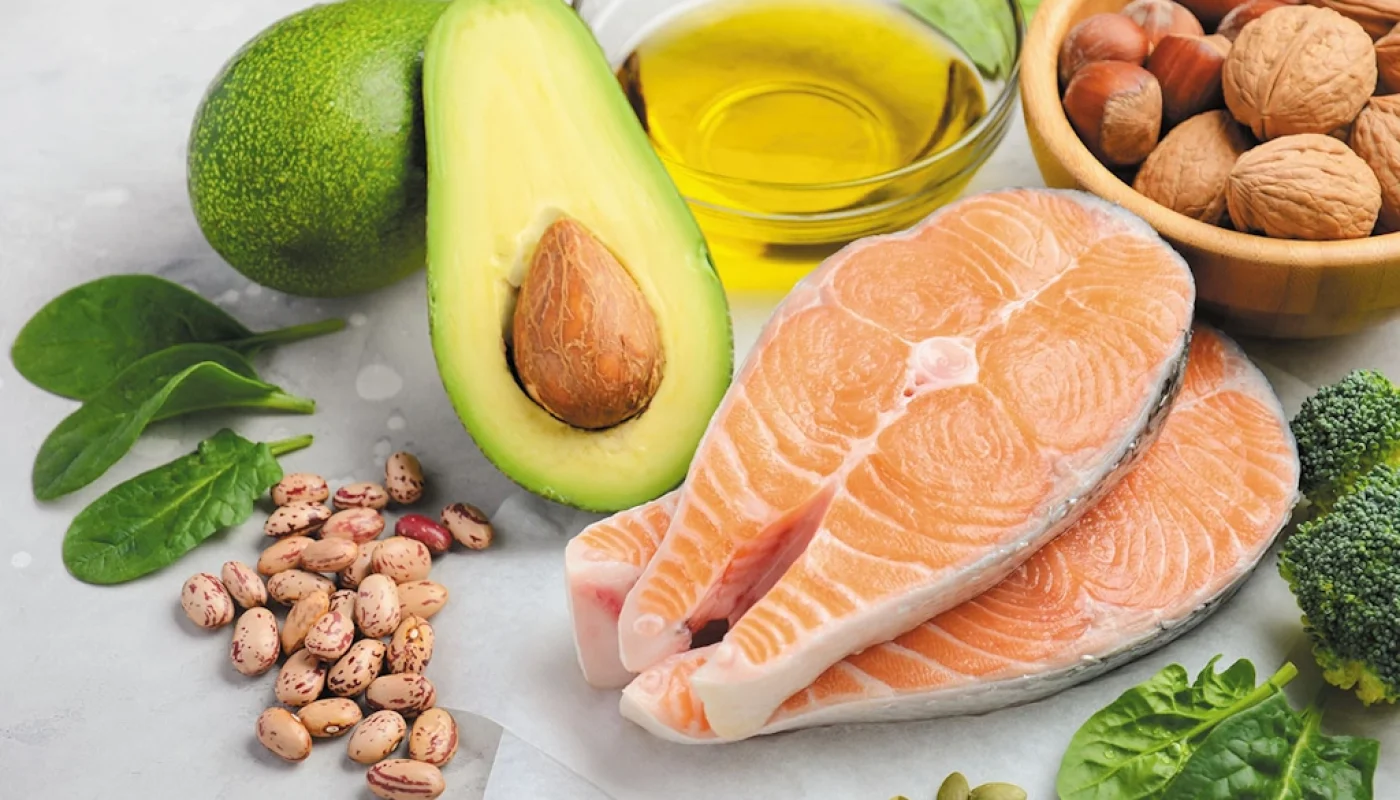A technical review of dietary fats

Indice
A technical review of dietary fats and their impact on cognitive and physical performance
The selection of cooking and dressing oils is a critical yet often overlooked aspect of nutrition science, directly influencing mental clarity, physical performance, and overall health. While popular discourse often demonizes fats, they are essential macronutrients for numerous biological functions. According to nutritionist Sonia Lucena, dietary fats are fundamental for cell membrane integrity, hormone synthesis, organ protection, and immune system regulation. They are also crucial for the absorption of fat-soluble vitamins (A, D, E, K), which are vital for vision, bone health, muscle protection, and coagulation. This review provides a technical analysis of common dietary oils, examining their distinct fatty acid profiles and functional roles in the body.
Extra Virgin Olive Oil (EVOO): The Gold Standard
Extra Virgin Olive Oil (EVOO) is a cornerstone of the Mediterranean diet and is widely considered the superior choice for daily consumption. Its primary benefits stem from its rich composition of monounsaturated fats, specifically oleic acid, and a high concentration of polyphenolic antioxidants.
- Physiological Effects: Oleic acid enhances neuronal plasticity, supporting learning and memory functions. The polyphenols exhibit potent anti-inflammatory and antioxidant properties, protecting against cellular damage and reducing chronic low-grade inflammation. This not only benefits cardiovascular health by improving insulin sensitivity but also supports cognitive function by creating a less inflammatory environment in the brain.
- Application: EVOO is recommended for daily use, both as a dressing for salads and vegetables and for low-to-medium heat cooking, such as sautéing or baking, due to its thermal stability.
Sunflower Oil: The Omega-6 Imbalance
Refined sunflower oil is characterized by a high content of omega-6 fatty acids. While omega-6s are essential, the modern diet typically contains a disproportionately high ratio of omega-6 to omega-3 fatty acids.
- Physiological Effects: This imbalance promotes a pro-inflammatory state in the body. Chronic inflammation is a significant contributor to muscle soreness, joint pain, and reduced mental energy. It can also disrupt neurotransmitter synthesis, particularly serotonin, leading to mood dysregulation and diminished motivation.
- Application: Due to its potential to exacerbate inflammation, refined sunflower oil should not be a primary dietary fat. Its use should be minimal and occasional, with a strong emphasis on balancing its consumption with a higher intake of omega-3 sources.
Coconut Oil: A Source of Rapid Energy
Coconut oil has gained popularity for its high concentration of Medium-Chain Triglycerides (MCTs).
- Physiological Effects: MCTs are rapidly metabolized by the liver into ketones, providing an immediate energy source for the brain and muscles. This can lead to a quick boost in mental focus and vitality. However, its high saturated fat content can elevate LDL cholesterol levels in susceptible individuals, and it lacks the protective antioxidants found in EVOO.
- Application: This oil is best used as a supplemental, rather than a primary, fat source. Its high thermal stability makes it suitable for high-heat cooking methods like stir-frying.
Seed Oils (Flax, Chia, Pumpkin): Omega-3 Reinforcement
Oils from seeds like flax, chia, and pumpkin are rich in the plant-based omega-3 fatty acid, alpha-linolenic acid (ALA).
- Physiological Effects: ALA is a precursor to the essential fatty acids EPA and DHA, which are crucial for brain function and mood regulation. These fatty acids are directly involved in the synthesis of key neurotransmitters such as dopamine and serotonin, which govern motivation, mental energy, and emotional well-being.
- Application: These oils have a low thermal stability and are highly susceptible to oxidation. Therefore, they should always be consumed raw, added to salads, cold dishes, or smoothies, in small, regular quantities to maximize their benefits without degradation.
In conclusion, a discerning approach to fat intake is paramount for optimizing both physical and cognitive health. The strategic inclusion of oils rich in beneficial monounsaturated and omega-3 fatty acids, while minimizing those that contribute to inflammatory imbalance, is a fundamental pillar of performance-oriented nutrition.
Important Note: oliveoilextra.com promotes the consumption of extra virgin olive oil for its culinary qualities and health benefits. However, it should not replace any current medication or treatment without the guidance of a healthcare professional.
